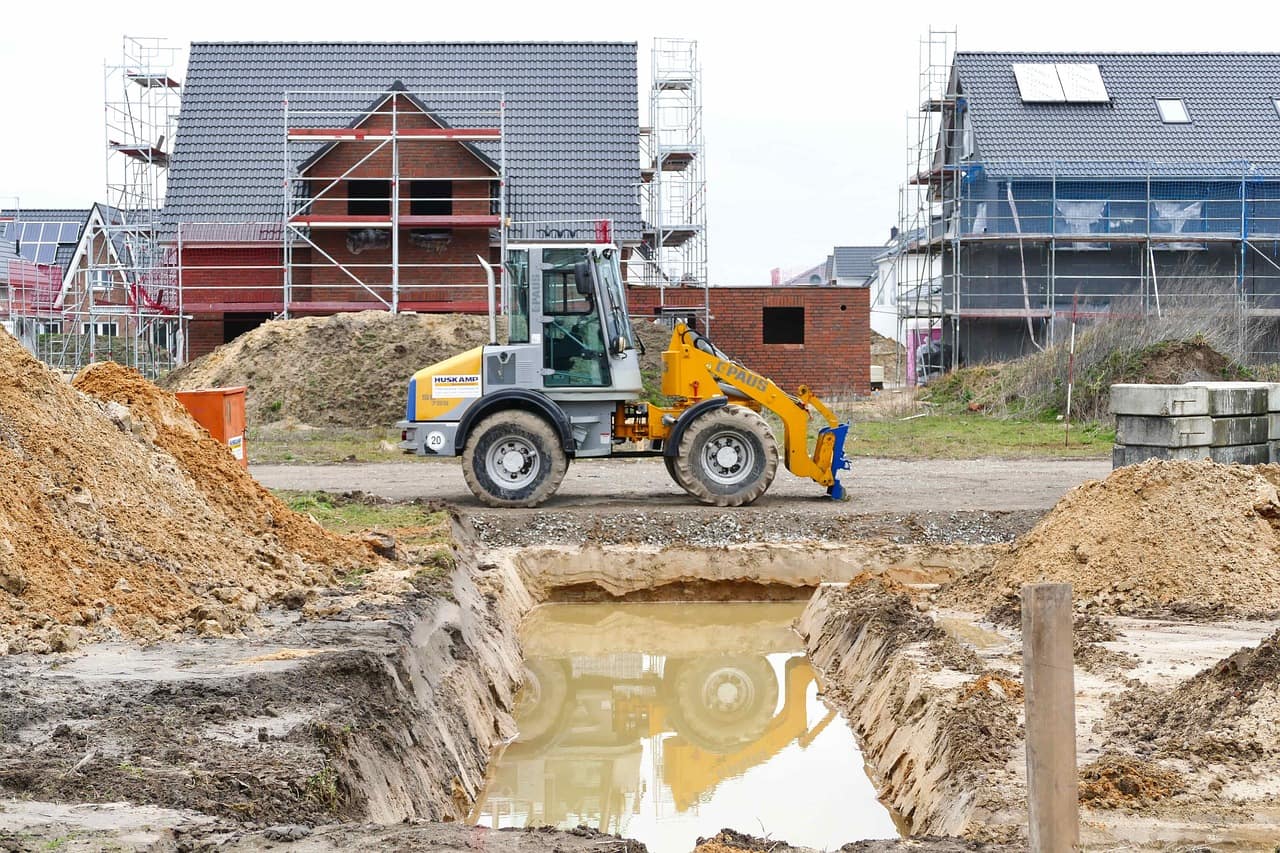In recent years, the UK government has introduced various housing initiatives in an attempt to address the ongoing challenges of housing affordability and accessibility. One such initiative is the ‘First Homes’ scheme, which aims to provide first-time buyers with the opportunity to purchase properties at a discounted rate. While the intentions behind this scheme are noble, there are growing concerns about its potential negative impact, particularly on the availability of social housing. In this article, we will delve into the intricacies of the ‘First Homes’ scheme, highlighting the issues it presents and its potential consequences. We will also highlight the best steps to take when making a housing disrepair claim.
Understanding the First Homes Scheme
The ‘First Homes’ scheme, introduced by the UK government, is designed to assist first-time buyers in purchasing homes at a reduced price. Under this scheme, a percentage of new housing developments are reserved for these first-time buyers, who can acquire properties at a discount of at least 30% compared to the market value. The aim is to make homeownership more achievable for individuals who have struggled to enter the property market due to rising prices and financial constraints.
The Negative Impact on Social Housing
While the goal of making homeownership accessible is undoubtedly important, there are concerns that the ‘First Homes’ scheme might inadvertently exacerbate another pressing issue: the shortage of social housing. Social housing plays a vital role in providing affordable homes to vulnerable individuals and families, ensuring that they have a secure place to live. However, the focus on ‘First Homes’ could divert resources and attention away from social housing initiatives, thereby worsening the existing housing crisis.
Strain on Resources and Funding
One of the primary issues with the ‘First Homes’ scheme is the potential strain it places on limited resources and funding available for housing initiatives. The scheme requires local authorities and developers to allocate a portion of new housing developments to ‘First Homes.’ This allocation of resources could come at the expense of social housing projects, as local councils might redirect funding and land towards the construction of discounted properties for first-time buyers. This diversion of resources could hinder the progress of social housing programs, leaving those in need in even more precarious living situations.
Undermining the Affordable Housing Sector
Another concern is that the emphasis on ‘First Homes’ might undermine the overall affordable housing sector. Affordable housing encompasses a broader spectrum of housing options, catering to a diverse range of income levels. By concentrating on providing discounted properties exclusively to first-time buyers, the government could be neglecting the needs of those who require affordable rental housing or other forms of housing support. This narrow focus risks leaving behind individuals and families who are not in a position to buy a home immediately.
Potential Gentrification Effects
Gentrification, the process by which urban neighborhoods undergo transformation through the influx of more affluent residents, is a significant concern associated with the ‘First Homes’ scheme. As properties are made available to first-time buyers at discounted rates, there is a potential for these buyers to be individuals with higher incomes. This influx of relatively well-off residents into traditionally lower-income neighborhoods could lead to rising property values, increased cost of living, and displacement of long-standing, lower-income residents. This unintended consequence could reshape the social fabric of communities and exacerbate inequality.
Ignoring the Rental Market
The ‘First Homes’ scheme’s focus on homeownership might inadvertently sideline the importance of the rental market. Many individuals, particularly young people and those with uncertain incomes, rely on renting as their primary housing option. The scheme’s lack of attention to the rental market could lead to a skewed housing landscape, with more resources and support directed towards homeownership while neglecting the needs of renters. This oversight could perpetuate the challenges faced by those who cannot immediately afford to buy a home.
The funding in order to offer first time buyers the opportunity to buy a new build at a price well below market value is by taking funding out of social housing. This lack of funding also leads to poorly maintained social housing, which can then lead to disrepair.
Balancing Act: Finding Solutions
Addressing the issues with the ‘First Homes’ scheme requires a delicate balance between promoting homeownership and ensuring the availability of affordable housing for all. To achieve this, policymakers need to consider several measures:
Investing in Social Housing
It is crucial for the government to allocate sufficient resources to social housing initiatives to address the growing demand for affordable rental options.
Diversifying Affordable Housing Programs
Instead of exclusively focusing on ‘First Homes,’ the government should invest in a diverse range of affordable housing solutions, including shared ownership, affordable rentals, and co-housing projects.
Local Context Consideration
Recognising that housing needs vary across regions, local authorities should have the flexibility to tailor housing programs to their specific contexts, ensuring that both homeownership and rental needs are addressed adequately.
Transparency and Accountability
The government should provide clear guidelines on the allocation of resources to prevent a disproportionate emphasis on ‘First Homes’ at the expense of other housing options.
Making a Housing Disrepair Claim
In addition to the concerns surrounding the ‘First Homes’ scheme, it’s also essential to acknowledge the importance of maintaining the existing housing stock. Making a housing disrepair claim can be an avenue for tenants to seek remedies for living in substandard conditions. It’s vital that while discussions about housing focus on new developments, the upkeep of current housing should not be overlooked. Contacting us at National Claims should be your first port of call. You will be put in touch with one of our claims specialists who will be able to guide you through the claims process and advise you on the next steps of your claim.

Conclusion
The ‘First Homes’ scheme, while well-intentioned, raises concerns about its potential negative impact on social housing and the broader affordable housing landscape. By diverting resources and attention away from affordable rental housing and social housing initiatives, the scheme could inadvertently exacerbate existing housing challenges and contribute to gentrification. To create a housing system that is equitable and inclusive, policymakers must strike a balance between promoting homeownership and ensuring access to affordable housing options for all members of society. Only through thoughtful and comprehensive solutions can the UK government effectively address the housing crisis while avoiding unintended consequences.
Contact us today to start your claim and to learn more about how we at National Claims deal with housing disrepair claims.
Click below to see why we are one of the most trusted claims management companies in the UK.

We’re proud of our excellent customer reviews
We thrive on delivering exceptional service and ensuring our clients’ satisfaction. Don’t just take our word for it. Check out some of our independent reviews to see what our clients have to say.
Excellent

This firm is excellent, they sorted out my car pay out and injury claim very fast, they always communicate with you all the time.

My accident case was dealt with confidence and with great result of the outcome, especially James kept me informed all the time.

I was very impressed at the way my inquiry was treated. I was listened to attentively and everything I needed to know was explained to me.






